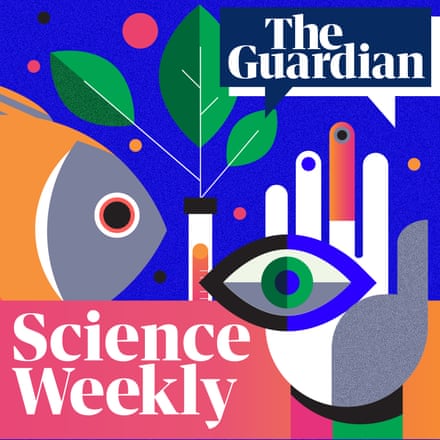Big data: what can the internet tell us about who we really are? – Science Weekly podcast
In an age where Google sees trillions of searches a year, what can our usage of it reveal? How accurate are these ‘big data’ representations? And how might this all be used for the greater good?
Subscribe & Review on iTunes, Soundcloud, Audioboom, Mixcloud & Acast, and join the discussion on Facebook and Twitter
Pokemon Go, the iPhone 7, and Donald Trump. These were 2016’s most searched for terms on Google. And with over a trillion searches to draw on, it’s clear that they reflect what’s on our minds. But can Google searches tell us even more about ourselves? By pooling together huge aggregates of our search history – a form of “big data” – can Google reveal our deepest, darkest desires? And what can big data tell us more broadly about the human condition?
Delving into the world wide web this week, Ian Sample sits down with Seth Stephens-Davidowitz, a former Google data scientist and author of Everybody Lies, which claims that Google searches may be the the newest kid on the block when it comes to gathering data for social science. Joining them in the studio is the author of Big Data: does size matter?, Timandra Harkness, who highlights some of the potential dangers in over-relying on big data and questions whether it even has the power to capture us in all our complexity.
- Buy Seth’s book here
- Buy Timandra’s book here
- Follow us on Twitter: @iansample, @maxjsanderson, and @guardianaudio
- Find other Guardian podcasts, including Football Weekly, the Story and Audio long reads

The Guardian is editorially independent. And we want to keep our journalism open and accessible to all. But we increasingly need our readers to fund our work.
Support The Guardian
View all comments >